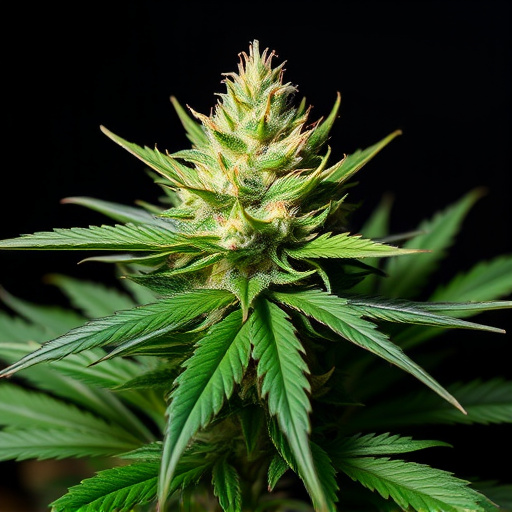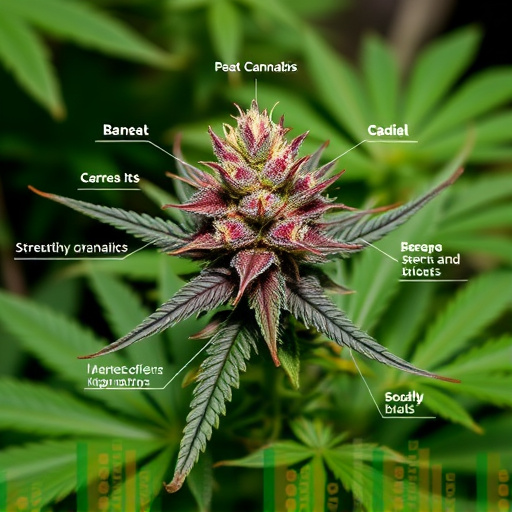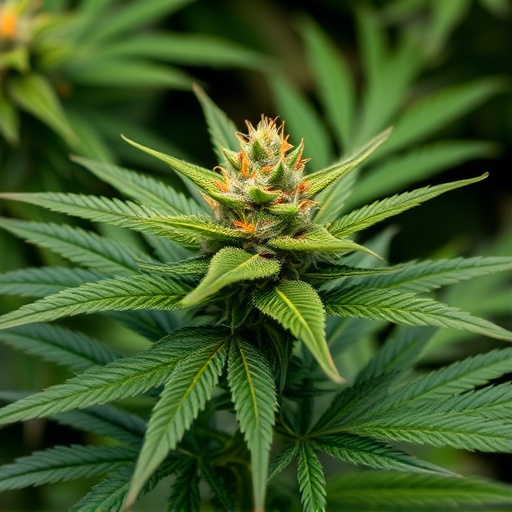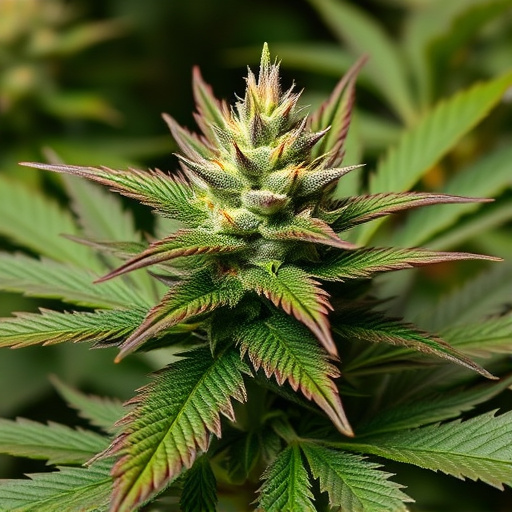Excessive consumption of high CBD cannabis strains can lead to both mental and physical side effects, including cognitive disruptions, heightened sensitivity, and gastrointestinal issues. While moderate use may be harmless, overdoing it can result in impaired memory, concentration difficulties, respiratory problems, nausea, increased heart rate, and anxiety. Regular smoking of these strains can still have significant health impacts, potentially exacerbating existing conditions or triggering new ones like paranoia and anxiety, affecting daily life. High CBD content doesn't mitigate these immediate effects but might enhance them, especially in individuals with lower tolerance. The desensitization of the endocannabinoid system can lead to increased tolerance and higher dose requirements, posing a risk of negative experiences even with balanced strains. Chronic use can affect cognitive functions and lead to more severe consequences like persistent cognitive deficits and reduced IQ.
“Unraveling the Impact of Excessive Weed Use: Short-Term Effects, Long-Term Concerns, and the Rise of High CBD Strains. While cannabis has gained popularity, heavy smoking can lead to significant physical and mental health issues. This article delves into the immediate consequences like paranoia and cognitive impairment, as well as long-term risks associated with regular use. We explore how high CBD strains may offer potential benefits while emphasizing that responsible consumption is key. Discover strategies to manage usage and understand the importance of setting boundaries for a healthier relationship with cannabis.”
- Short-Term Effects of Excessive Weed Consumption
- – Physical impacts like dizziness, paranoia, and anxiety
- – Cognitive effects on memory, concentration, and problem-solving abilities
Short-Term Effects of Excessive Weed Consumption

Excessive consumption of marijuana, especially high CBD cannabis strains, can lead to a range of short-term effects that impact both mental and physical well-being. While moderate use may be relatively harmless, overdoing it can result in cognitive disruptions, including altered perception, impaired memory, and difficulty concentrating. Users might experience heightened sensitivity to sensory stimuli, leading to an intense but potentially unsettling sensory overload.
Physically, excessive smoking can cause shortness of breath, coughing fits, and increased heart rate. It may also lead to gastrointestinal issues such as nausea and dizziness. The high CBD content, often sought for its potential therapeutic benefits, doesn’t mitigate these immediate effects; instead, it might enhance them, especially in individuals with a lower tolerance.
– Physical impacts like dizziness, paranoia, and anxiety
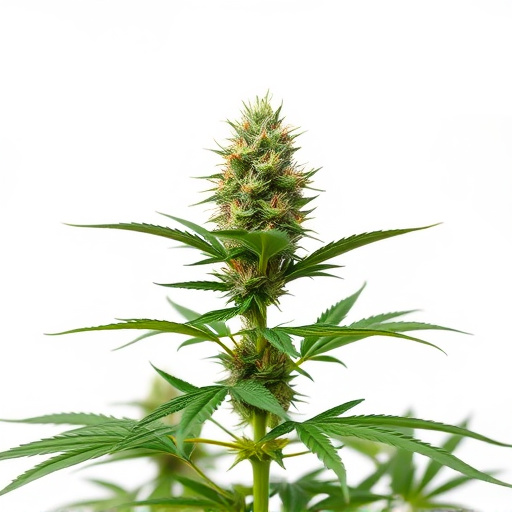
Smoking too much weed can lead to several physical impacts, especially for regular users or those who consume high CBD cannabis strains, which may provide some relief but still carry potential risks. Beyond the immediate effects like dizziness and altered perception, long-term heavy use can exacerbate existing mental health conditions or trigger new ones, such as paranoia and anxiety. These symptoms can significantly impact daily functioning and quality of life, making it crucial for users to be mindful of their consumption patterns.
High CBD cannabis strains are often marketed as safe alternatives due to their balanced composition, which may reduce the likelihood of adverse psychological effects compared to strains with higher concentrations of THC. However, even these strains can cause discomfort if consumed excessively. Users should be aware that regular exposure to cannabis can desensitize the body’s endocannabinoid system, potentially leading to increased tolerance and the need for stronger doses to achieve desired effects, thus increasing the risk of negative experiences.
– Cognitive effects on memory, concentration, and problem-solving abilities

Chronic marijuana use can impact cognitive functions, particularly memory, concentration, and problem-solving abilities. Regular consumption, especially at high doses or with potent strains rich in THC (tetrahydrocannabinol), may lead to short-term issues like difficulty focusing, impaired memory retention, and problems with decision-making. Long-term users might experience more severe consequences, such as persistent cognitive deficits, reduced IQ, and challenges in academic or professional settings.
High CBD (cannabidiol) cannabis strains are often marketed as providing a more balanced and potentially less intoxicating experience compared to high THC strains. While some research suggests that CBD may offer certain cognitive benefits and reduce some negative effects associated with marijuana use, it’s crucial to remember that the overall impact of marijuana on the brain is complex and varies greatly among individuals.
While occasional use of cannabis may be harmless, excessive consumption, especially of high CBD cannabis strains, can lead to notable negative short-term effects. Dizziness, paranoia, anxiety, and cognitive impairments on memory and concentration are not uncommon. Understanding these potential risks is crucial for responsible cannabis use, enabling folks to make informed decisions about their intake and overall well-being.





